Israel Will Attack Lebanon, But Limited!
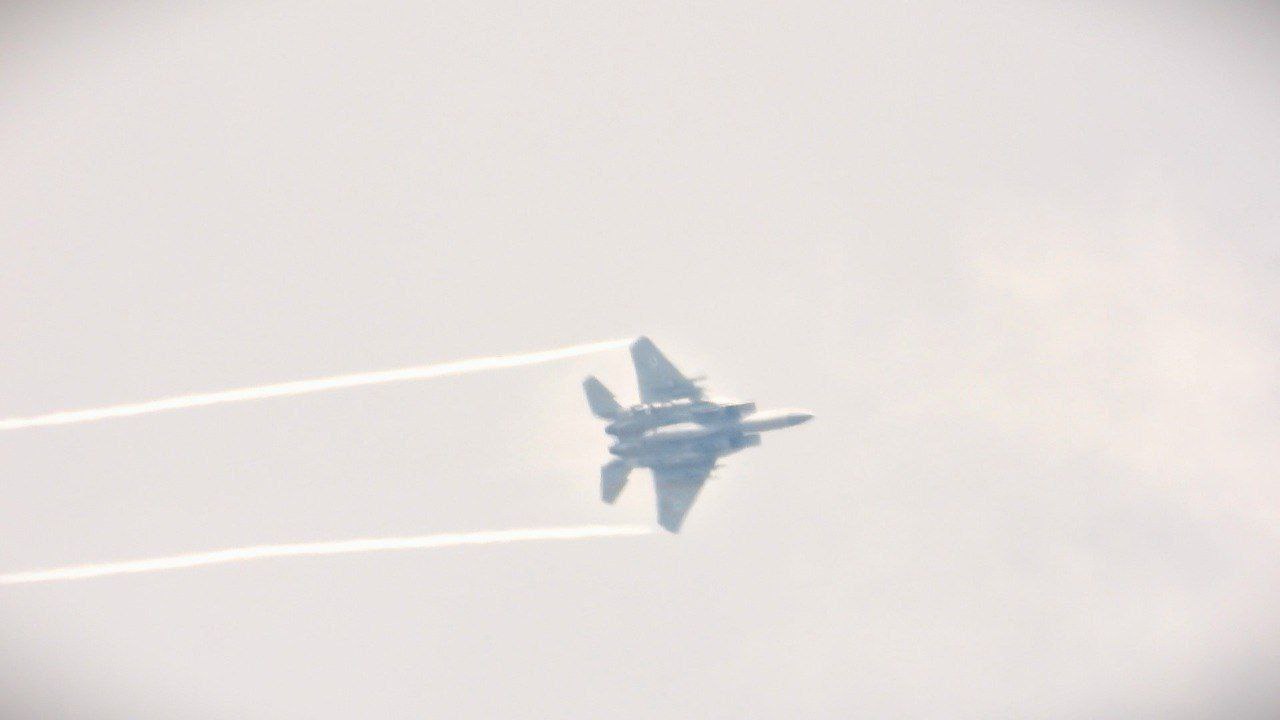
On July 27, a rocket hit a sports field in the city of Majdal al-Shams in the occupied Golan Heights. As a result of this incident, 14 Druze youths lost their lives and more than 35 others were injured. Immediately after the attack, the Israeli government accused the Lebanese Hezbollah. It claimed that the projectile was fired from inside the Lebanese territory and identified the Lebanese resistance as the cause of this attack.
On the other hand, Lebanon’s Hezbollah strongly denied this accusation and stated that the Israeli regime’s claims are false and that Hezbollah did not carry out such an attack.

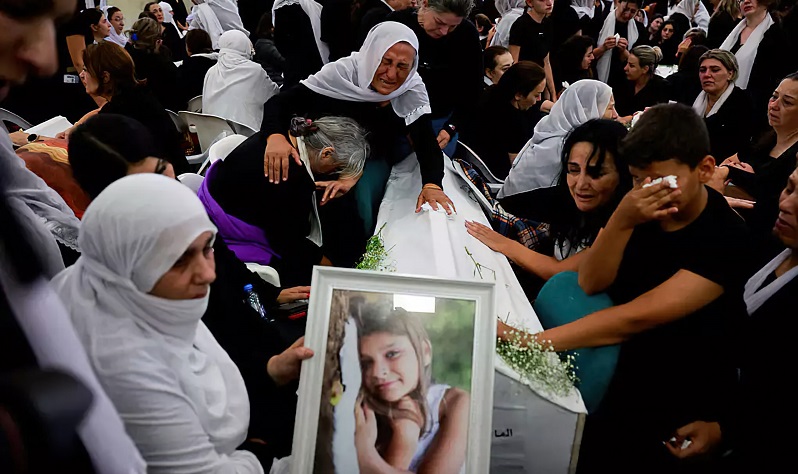
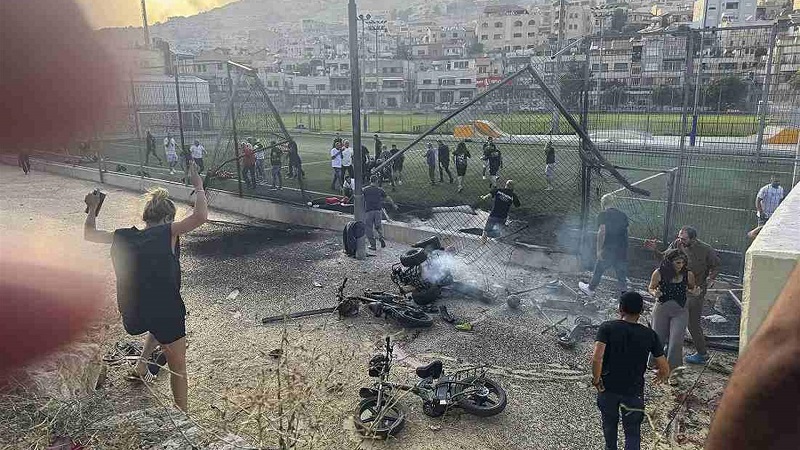
Majdal al-Shams in the occupied Golan Heights is situated very close to the UN Alpha line and the areas under the control of the Syrian government. Also, the residents of Majdal al-Shams are Druze, and in general, there are no Israeli military targets in this city.
Considering these facts, Hezbollah’s rocket attack on Majdal Al-Shams has no rational or military justification; Thus the occurrence of this incident is faced with serious doubts.
Some experts believe that there is a possibility that this incident is a false flag attack. The Israeli regime is in a tough situation these days and is looking for a way out of these problems.
The war in the Gaza Strip has been going on for more than 10 months. The Israeli regime’s stated objective to “destroy Hamas and the Palestinian resistance groups” since the start of the war in the Gaza Strip has not been achieved, and there is no clear prospect for the end of the war in the Gaza Strip. Israeli prisoners are still in captivity and the Israeli regime is unable to release them. The Israeli regime’s only accomplishment in the Gaza Strip is destruction, genocide, and the loss of 40,000 Palestinian civilians, mostly women and children.
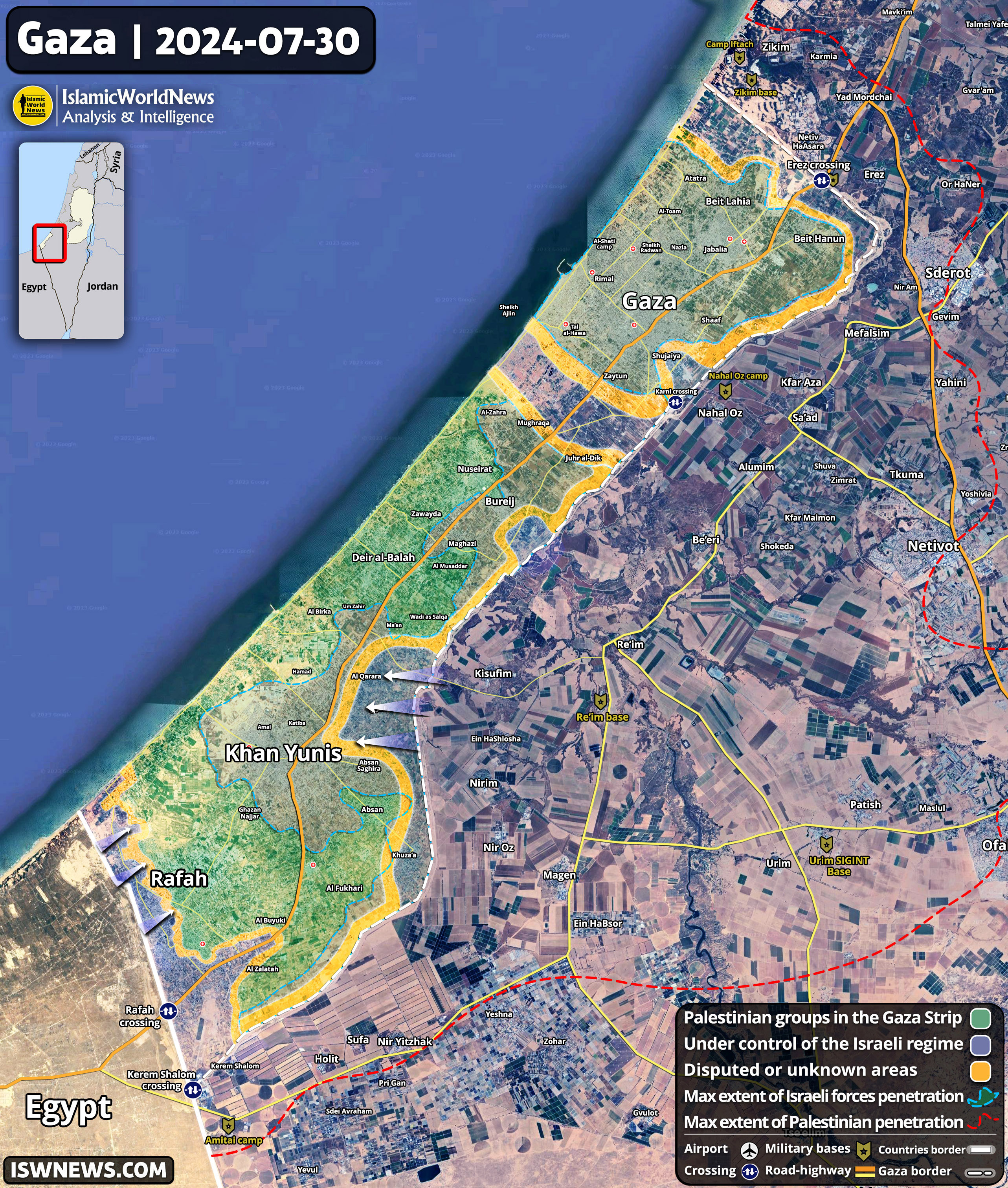
After the start of Israel’s military invasion of the Gaza Strip, Lebanon’s Hezbollah and the Yemeni army entered the field militarily in support of the Palestinian people.
On the northern front, daily clashes continue between Hezbollah and the Israeli army. Thousands of Israeli settlers have been displaced and almost all the settlements in the north of occupied Palestine have been evacuated and the level of destruction is high.
Missile and drone attacks by the Yemeni army against Israeli targets in the occupied territories are carried out on a daily and weekly basis, and their economic interests, i.e. commercial ships in the Red Sea, the Mediterranean and the Gulf of Aden, are under numerous attacks.
In the West Bank, the security situation is extremely tense after the October 7th attacks and the West Bank is on the brink of explosion!
In Tel Aviv, anti-government demonstrations continue weekly, the political situation is extremely chaotic, and the Israeli government is on the verge of collapse under internal and external pressures.
The Israeli regime is literally “under multiple blows”. All the evidence supports the theory that the rocket attack on Majdal al-Shams is fabricated.
At this stage in the conflict, the Israeli government is in desperate need of a new strategy to escape from its current predicament. The start of a new war against Lebanon is the scenario that Israel needs. With the pretext of a “suspicious attack” in Majdal al-Shams and the beginning of a new war in Lebanon, Israel aims to divert attention from the genocide and its strategic failures in the Gaza Strip and northern front to Lebanese territory.
In any case, all the speculations indicate that the Israeli regime has decided to attack Lebanon. A meeting of Israel’s National Security Commission was held in Tel Aviv and a decision has been made to carry out a massive attack in Lebanon. According to Israel, all targets have been selected but attacks are limited to strategic targets.
Yediot Aharonot newspaper stated that the response will be limited but significant, which includes infrastructure or targets related to Hezbollah.
Some Israeli political and military officials talk about military operations to push Hezbollah back behind the Litani River. But the Israeli regime knows very well that it cannot attack Lebanon by land and has to make do with airstrikes.
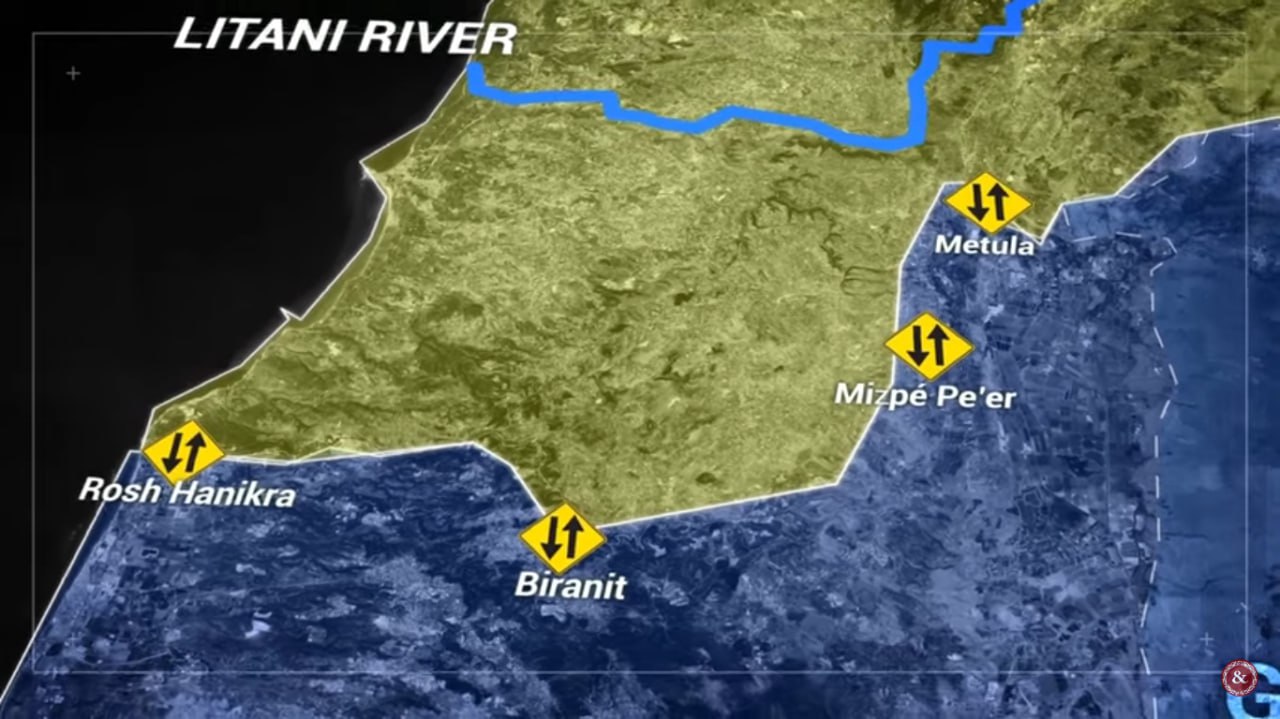
One of the primary challenges for the Israeli army in conducting a ground invasion of Lebanon is the limited number of passages available for infantry and armored vehicles to enter the country. There are primarily four crossing points for ground forces, many of which are situated in hilly and densely forested areas. The mountainous terrain in southern Lebanon provides Hezbollah with advantageous positions for ambushing the Israeli army.
The 33-day war is a clear example of what is ahead of the Israeli army. The defeat of the armored and infantry forces of the Israeli army in southern Lebanon will be certain.
Yesterday, a Lebanese channel, quoting Hebrew channels, stated that Amos Hochstein, the special adviser and special envoy of the US President in Lebanon, informed the Israeli authorities that any attack on Beirut and Dahiya would be countered by Hezbollah’s attack on Ghosh Dan and Jerusalem.
Lebanon’s Hezbollah has also clearly stated that it will respond to any attack by the Israeli regime on Lebanon with a harsh response.
The Islamic resistance groups in the region have also supported the Lebanese resistance in separate messages and said that in case of any attack by the Israeli regime on Lebanon, military operations against Israel will be intensified.
Even according to reports, some Iraqi resistance groups have stated that they will send troops to southern Lebanon if the war starts in Lebanon.
While diplomatic efforts to prevent war continue, 14 countries have asked their citizens to leave Lebanon or refrain from traveling to it. Lufthansa Airlines and its subsidiaries have suspended flights to/from Beirut until August 5.
In any case, it seems highly unlikely that the start of a new war in Lebanon will assist the Israeli regime in solving its problems. The Israeli regime’s political and war strategies have not changed over the past decades, but the military and regional conditions of Hezbollah in Lebanon have significantly changed, and they are now much more equipped and capable than before.
In other words, Israel may be able to start a new war, but the decision to withdraw from it and the consequences of the war will be beyond Israel’s control. Hezbollah is not as besieged as the Palestinian resistance groups in the Gaza Strip and possesses impressive capabilities to surprise Israel. Perhaps, after the start of the new war, Israel may have to make significant concessions to end the conflict, in contrast to its actions in the Gaza Strip and violation of ceasefire agreements.
Posted in SF




Comment